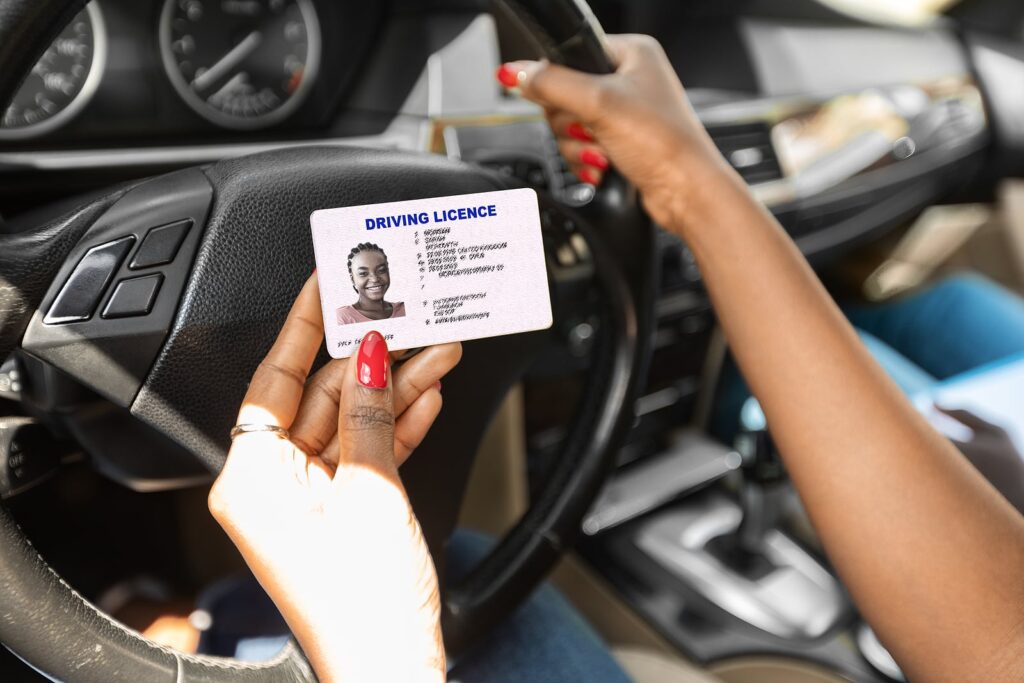When facing a charge for Operating Under the Influence (OUI) in Massachusetts, you may be feeling hopeless. The penalties can affect your life significantly. You should, however, not panic. With the help of an experienced criminal defense attorney in Boston, you can fight these charges to have them reduced or dropped.
Different states have varying definitions of misdemeanor and felony offenses. When facing OUI charges in Boston, you may wonder whether you’ll be charged with a misdemeanor or felony.
The answer to this question depends on many factors. But whether the charge will be brought as a felony or misdemeanor, it is essential to work closely with a skilled defense attorney.
What Does an OUI Charge Constitute?
The laws for operating a motor vehicle under the influence vary from state to state. Massachusetts has strict OUI laws. For instance, if you’re found intoxicated while sitting in your car with the ignition on, you risk getting arrested for an OUI crime.

If the police go ahead and test you and find you with blood alcohol levels (BAC) above 0.08%, you can be charged with a DUI/OUI. This limit is lower for truck drivers. So if you’re a commercial truck driver and found running your engine with a BAC of 0.04%, it is enough to attract an OUI charge.
What is the Difference Between a Misdemeanor and a Felony?
Whether an OUI charge is brought as a misdemeanor or felony will depend on several factors. However, note that a misdemeanor comes with a less harsh penalty than a felony. A misdemeanor may lead to one year or less in county jail.
A felony attracts harsher penalties. Expect longer prison sentences which may be in a federal or state prison. The fines are also stiff, and you should expect a jury present. A felony will also likely take longer than a misdemeanor. When faced with such, you should work closely with your Boston OUI attorney.
What to Know About a First Offense OUI?
A first OUI offense is a misdemeanor charge. It may come with a potential license suspension penalty, a requirement to complete an Alcohol Education Program, and a possible criminal record.
Second Offense OUI
The base charge for a second OUI charge will also be a misdemeanor. The first and second offense OUI are in the same crime class. However, they differ in the license penalties. These two charges can also be upgraded if other factors aggravate the offense.
For instance, if you are arrested for OUI with a suspended license or found with an illegal firearm. Regardless of the circumstances around your arrest, you need the legal assistance of a Boston OUI attorney to make better decisions.
When is an OUI a Felony?
A third or subsequent OUIs will be considered felonies in Massachusetts. You may also be facing mandatory jail time, increased fines, and longer license suspensions. You also risk indirect consequences like difficulties finding employment. A third OUI charge attracts a minimum of 150 days in jail and fines up to $15,000. Your license suspension period will be eight years.

If you are charged for a fifth time for OUI in Massachusetts, your license won’t be reinstated, and you won’t be able to apply for a hardship license. When facing such lifelong consequences, you need the legal help of a criminal defense attorney in Boston.
What if a Child Was Involved?
If you are arrested for an OUI while a child under 15 years was in the vehicle, you may be charged with OUI child endangerment. If it is a first offense, the charge remains a misdemeanor. But if you have a previous conviction of the same charge, an OUI child endangerment is a felony punishable by up to 5 years in state prison.
What About OUI That Caused Death?
If a driver received an OUI after causing the death of someone, the charge becomes a felony and is called OUI causing death or OUI manslaughter. This is equally a serious charge attracting 5-25 years in prison and 15 years of license revocation. Defendants are often harshly penalized even as first offenders.
How Long Will an OUI Charge Stay on My Record?
After an OUI conviction in Boston, the conviction will show up in two places; the person’s criminal record and the person’s driving record. Because of how harshly OUI is prosecuted in Massachusetts, an OUI can stay on one’s criminal record for life and show on their driving record for at least ten years.
You need to strategize how to avoid keeping an OUI record on both of these records. You also need to know how to remove the OUI from your record.
How Can I Defend Myself Against Felony OUI Charges?
If you’re facing any OUI offense, you need urgent legal help. Most felony charges are highly complex and require an experienced Boston OUI attorney. You need a lawyer who will tactfully challenge the elements of an OUI charge.

Some defenses your lawyer may use include:
- Incorrect application of field sobriety test
- Inaccurate calibration of the blood test or breathalyzer test
- The police went against the 15-minute observation period before asking for a breathalyzer test
Regardless of your situation, remember to seek legal counsel before making any decision. Such charges often have a lot of prejudice. But you still have the right to defend yourself.
Understand Your OUI Rights Today
After being arrested for an OUI in Boston, MA, you may wonder how your case will play out. These are cases that are often cloudy and need a keen professional to examine them and determine the best way to fight the harsh penalties associated with the charges.
Our law firm is ready to represent you. Whether the OUI is a misdemeanor or a felony, you need to take charge of the case and build a strong defense. As seen above, even a misdemeanor OUI can impact your life significantly. Our qualified Boston OUI lawyer is ready to discuss your options. Contact us today to get started.









